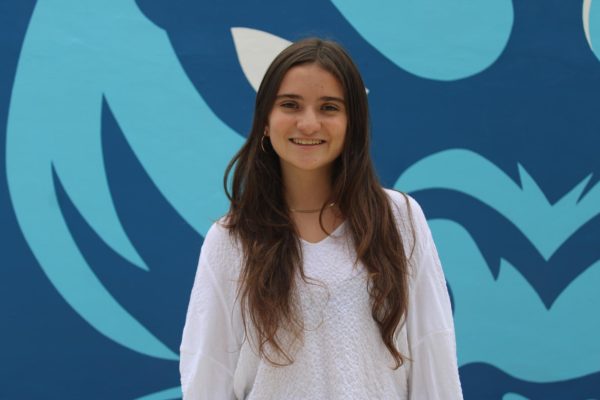Since the 1970s, the previously crystal-clear waters and coral-covered shallow ocean floors across the Florida Keys and around the world have been tainted with a fluctuating plague in the form of warming seas and disease — killing 50% of healthy coral globally.
Throughout this year’s summer months, marine heat waves pushed warm temperatures up as high as 101 degrees Fahrenheit, with a 100% mortality rate found in Sombrero Reef, Fla. in July.
In response, marine researchers across the board have raced to find a solution to the coral conundrum. For Miami Palmetto Senior High’s Marine Science Honors teacher and Marine Biologist, Nicolas Quintairos, his work over the summer brought him face-to-face with a promising solution: Caribbean King Crabs.
“The lab that I was working with, called the CCRL [Coastal Conservation and Restoration Laboratory], is the leading lab in the world on these crabs, and they’re doing a lot of research in the Keys and in Miami on the effects of the crabs on the local patch reefs, their ability to eat algae and also their viability as an aquaculture species, so that humans can actually grow them in a lab and then release them out onto the different parts of the reef that need more help with the consumption of algae,” Quintairos said.
During his time helping the CCRL capture video footage of the affected areas, Quintairos published a YouTube video describing his experience visiting the research sites and seeing the communities of King Crabs, sea sponges and more.
“We visited these different sites and were able to get a look at the corals and the different communities of sea sponges, and- Caribbean King Crabs. On day two, [Quintairos and his team] actually did some free diving in rock quarries, and rock quarries are really interesting because they’re throughout the Florida Keys, and there are these deep lagoons that are about 25 feet deep. The Caribbean King Crabs take to this environment really, really well and it gives the researchers an opportunity to get an inside look at their entire life cycle in a closed environment,” Quintairos said.
For the full video and more information, click here or visit @reelocean on Instagram.



